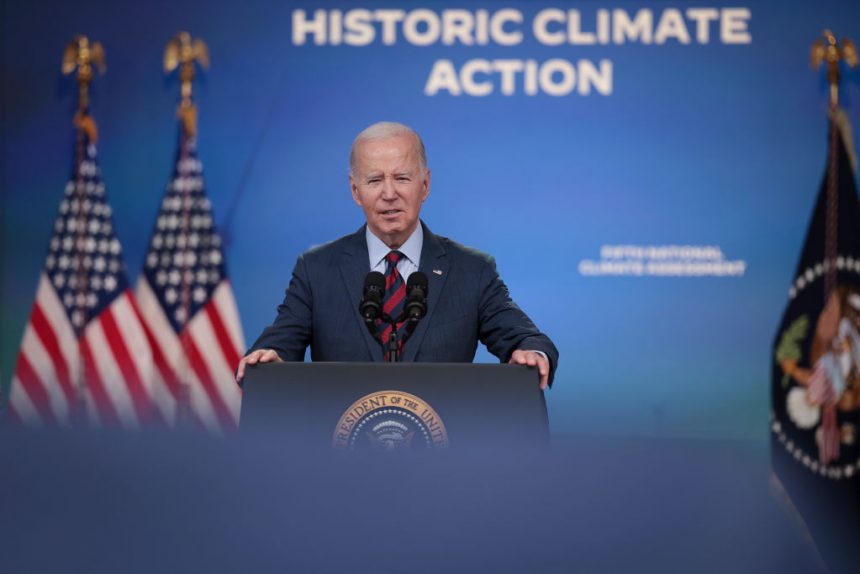Shortly after taking office, President Joe Biden made a bold commitment to environmental justice with the establishment of the Justice40 initiative through an executive order in 2021. This initiative aimed at ensuring that 40 percent of the benefits from certain federal government climate and environmental investments would reach historically disadvantaged communities that have suffered from underinvestment and environmental harm over the course of U.S. history.
Justice40 set a clear and specific goal, but several key questions remained unanswered. The initiative was developed before the passage of the Bipartisan Infrastructure Law and Inflation Reduction Act, which unlocked significant climate funding, leaving uncertainty about the total amount of funding available for the 40 percent target. Additionally, while the president pledged 40 percent of the benefits from spending, it was not defined how these benefits would be calculated. Moreover, the definition of “disadvantaged communities” for the purposes of Justice40 remained unclear.
In an effort to address this last question, a White House project was undertaken to create a tool to identify disadvantaged communities that federal agencies could use. The original executive order also mandated the creation of an accountability mechanism in the form of a scorecard to track agency performance on environmental justice measures.
However, three years after the launch of the scorecard, environmental justice advocates have expressed disappointment in its quality. The scorecard, which primarily links to various web pages detailing agency efforts, lacks transparency on how much funding is actually reaching disadvantaged communities and the impact of these funds. While some agencies reported significant numbers of programs and funding, the lack of uniform tracking methods makes it difficult to assess the actual distribution of resources.
Efforts to improve the scorecard have been ongoing, with recommendations from the White House Environmental Justice Advisory Council and feedback from the public. The administration has highlighted the importance of continuous improvement to better track progress and identify opportunities to advance environmental justice.
Despite challenges in implementation and tracking, the Biden administration’s focus on environmental justice has been praised as unprecedented by advocates in the field. The efforts to mainstream environmental justice considerations across federal agencies have been recognized as a significant step forward, even as work continues to improve transparency and accountability in the implementation of Justice40.






